The World Health Organization’s (WHO) Basic Emergency Care (BEC) course is a new educational initiative for low and middle-income countries to provide non-specialty trained providers with a basic foundation in emergency triage, assessment, and stabilization. Pilot studies in sub-Saharan Africa have reported > 50% reduction in mortality following implementation. Belize is a middle-income country bridging both the Caribbean and Central America. Due to its size, it does not have a medical school or residency programs, and most providers are general practitioners that lack formal emergency medicine knowledge or skill sets. While emergency medicine has been developing in Belize through short courses on emergency medicine topics over the years, there has not been a national initiative to provide basic emergency care skills to the healthcare providers in the emergency and primary care settings. We aim to train the entire country's frontline healthcare works in BEC to strengthen emergency care nationwide. We began this project in 2019, and trained over 40% of the country's healthcare workers in 11 months-then covid hit. As the pandemic raged in Belize, many of the healthcare workers who had been trained became ill, left the profession, or were transferred to other non-emergency care duties. We are finally at a point to safely resume in-person training and will be reimplementing BEC training with a training of trainers in August 2022 followed by local-led BEC trainings in the Southern region, which is the farthest away from tertiary healthcare facilities and has the least amount of medical resources. We aim to improve emergency healthcare delivery and stabilization by training a majority of healthcare workers in this region in BEC, then expanding to include the rest of the country.
The southern region of Belize (Toledo and Stann Creek districts), with a catchment area that serves a population of approximately 80,000 persons. This area is historically the most underserved in the country, with the least amount of medical resources. For example, the only hospital in the Toledo District has no surgeon or ob/gyn. Any surgical or obstetric emergencies must be transported by road for approximately 3 hrs to the nearest hospital with surgical coverage. The BEC course will provide the knowledge and skills to stabilize these patients before and during the transfer to a higher level of care.
We expect to see a decrease in all-cause mortalities as well as a decrease in length of stay and ICU admissions due to early recognition and stabilization of emergencies. This is a fully sustainable educational initiative, as this trip serves as the training of local BEC facilitators who will then carry forward and train their colleagues. We will ensure program quality through monitoring course pass rates and evaluations in addition to evaluating clinical impact in partnership with the Belize Ministry of Health and Wellness.
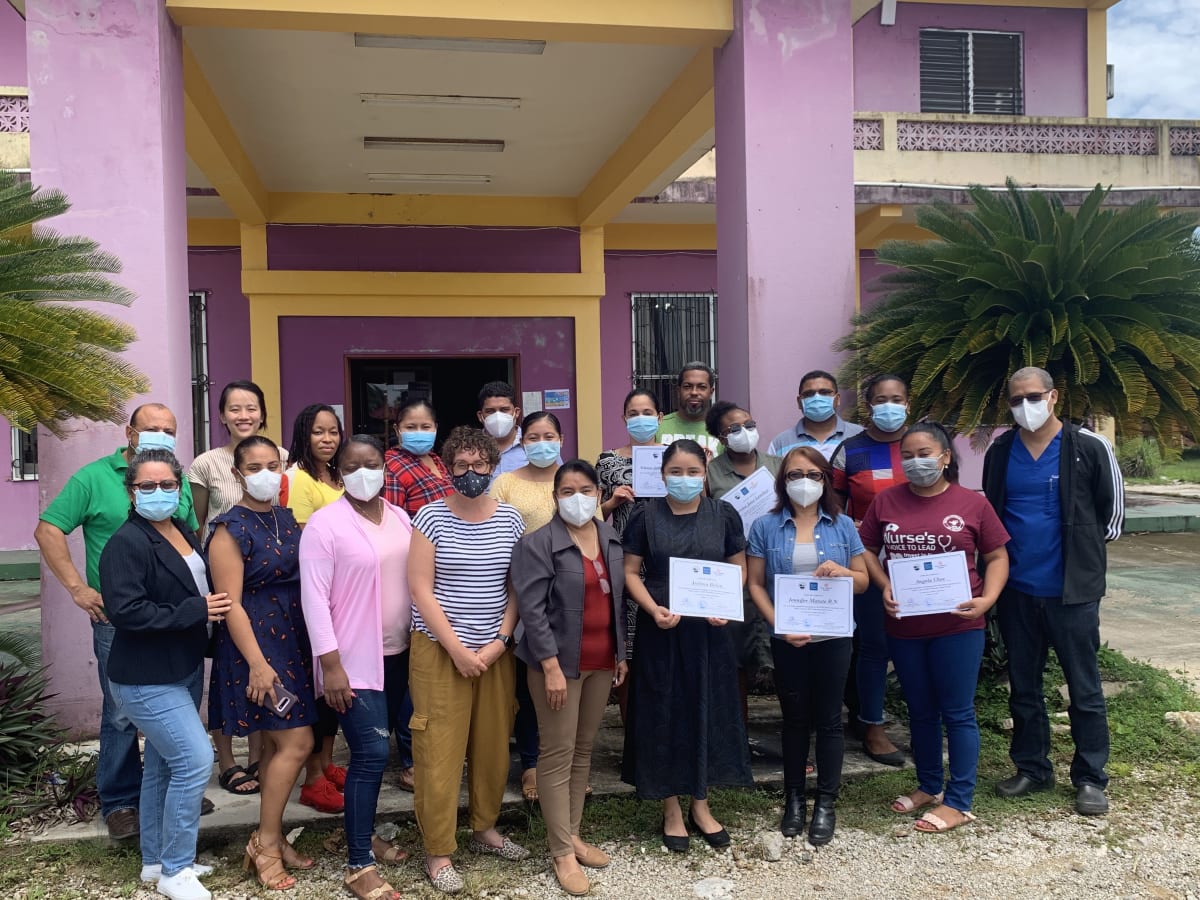



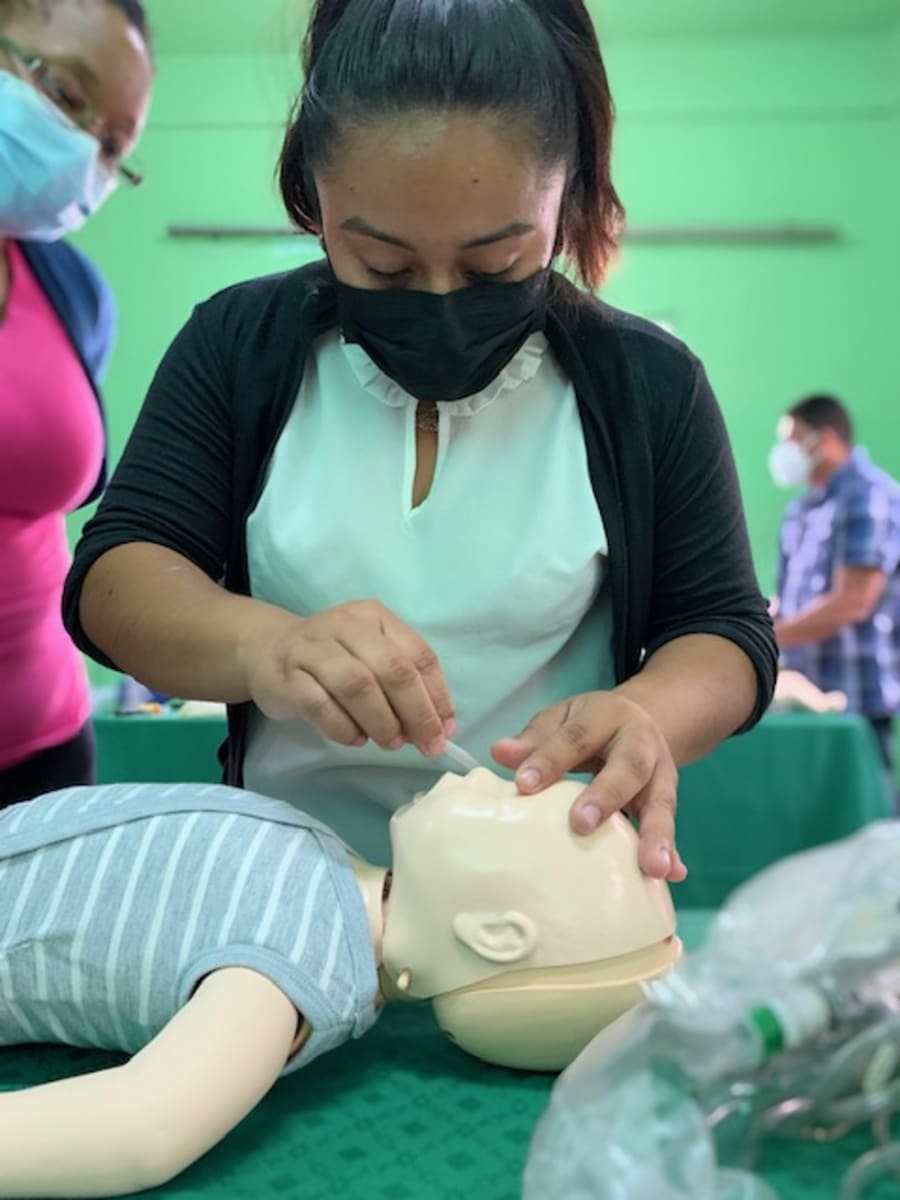


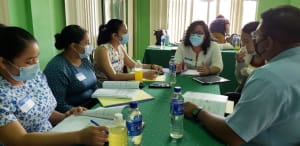

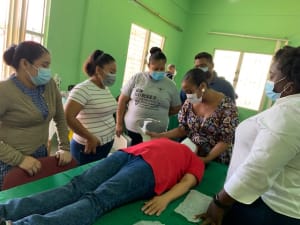

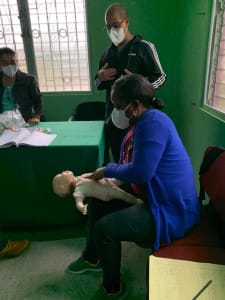
We trained 13 physicians and nurses in WHO's Basic Emergency Care (BEC) and also trained them to be BEC trainers, empowering them to serve as leaders in their communities teaching others basic life-saving skills and knowledge.